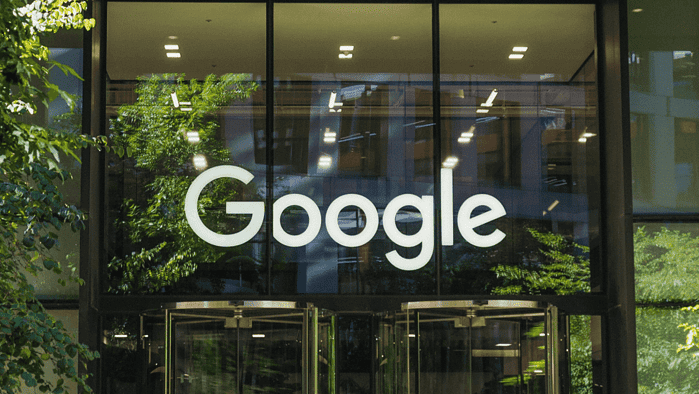Google Search in Europe may soon look different than in the US & other parts of the world
Google has been under scrutiny for months.
2 min. read
Published on
Read our disclosure page to find out how can you help MSPoweruser sustain the editorial team Read more
Key notes
- Google is testing a simplified “blue link” format for hotel searches in compliance with the DMA.
- Legal director Oliver Bethell expressed reluctance, saying the change would not benefit consumers or businesses.
- The DMA restricts Big Tech’s dominance, leading to probes into Google, Apple, and Meta for potential violations.

Google has proposed some changes and tweaks to Google Search to comply with the European Digital Market Act (DMA) amid scrutiny from smaller competitors.
The search engine giant announced on Tuesday that it’s testing a simpler “blue link” format for hotel searches in Belgium, Estonia, and Germany to comply with the DMA. This test ditches features like maps and hotel-specific details, returning to a basic style similar to Google’s early days.
Google’s legal director Oliver Bethell says that the company is “very reluctant to take this step,” as it would “not benefit consumers or businesses in Europe.” He says,” That’s why we have committed so much product and engineering time to constructive discussion informed by objective data.”
The DMA, designed to curb Big Tech’s market dominance, prohibits Google from favoring its own services, leading to modifications such as expanded units for comparison sites, new ad formats, and revised presentation of search results.
Earlier this year, European lawmakers started investigating Apple, Google (and its parent company Alphabet), and Meta earlier this year for potential DMA violations. The probes examined practices like Google’s search self-preferencing, Apple’s App Store restrictions and default settings, and Meta’s “pay or consent” data policy.
The Commission also had separate concerns about self-preferencing in Google Search results, where Google’s own vertical services (e.g., Shopping, Flights) might be prioritized over competitors. And, if found non-compliant, companies could face fines of up to 20% of their global revenue for repeat offenses.








User forum
0 messages